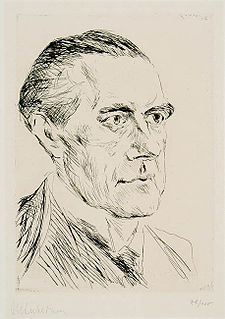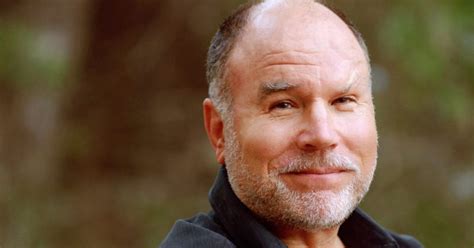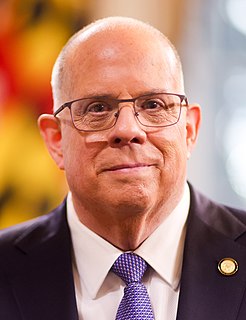A Quote by Nancy Gibbs
Of all ennobling sentiments, patriotism may be the most easily manipulated. On the one hand, it gives powerful expression to what is best in a nation's character: a commitment to principle, a willingness to sacrifice, a devotion to the community by the choice of the individual. But among its toxic fruits are intolerance, belligerence and blind obedience, perhaps because it blooms most luxuriantly during times of war.
Quote Topics
Among
Because
Belligerence
Best
Blind
Blind Obedience
Character
Choice
Commitment
Community
Devotion
Easily
Expression
Fruits
Gives
Hand
Individual
Intolerance
Manipulated
May
Most
Nation
Obedience
Patriotism
Perhaps
Powerful
Principle
Sacrifice
Sentiments
Times
Toxic
War
Willingness
Willingness To Sacrifice
Related Quotes
Our age gives the more receptive among the young such a sense of social responsibility that one is inclined at times to fear that social interests may encroach upon individual development, that a knowledge of all the ills affecting the community may act as too powerful a damper on the joys of youth.
It is the most ambitious and driven among us who are the most sorely in need of having our reckless hopes dampened through immersive dousings in the darkness which religions have explored. This is a particular priority for secular Americans, perhaps the most anxious and disappointed people on earth, for their nation infuses them with the most extreme hopes about what they may be able to achieve in their working lives and relationships.
Those who speak of blind obedience may appear to know many things, but they do not understand the doctrines of the gospel. There is an obedience that comes from a knowledge of the truth that transcends any external form of control. We are not obedient because we are blind, we are obedient because we can see.
Freedom is as frightening now as it was thousands of years ago. It will always require a willingness to sacrifice what is most familiar for what is most true. To be free we may need to act from integrity, on trust, sometimes for a very long time. Few of us will reach our promised land in a day. But perhaps the most important part of the story is that God does not delegate this task. Whenever anyone moves toward freedom, God Himself is there.
Let us not be unmindful that liberty is power, that the nation blessed with the largest portion of liberty must in proportion to its numbers be the most powerful nation upon earth. Our Constitution professedly rests upon the good sense and attachment of the people. This basis, weak as it may appear, has not yet been found to fail. Always vote for a principle, though you vote alone, and you may cherish the sweet reflection that your vote is never lost. America, in the assembly of nations, has uniformly spoken among them the language of equal liberty, equal justice, and equal rights.
The character of greatness must be measured in two ways, else the measurement is flawed. First, and by far most popular of all, is by one's ability to succeed in times of trial where others may fail. But of no less importance, and perhaps foundational to any form of greatness, is one's willingness to start over in spite of failure, when success seems farthest away.
The ability to stand by one's principles, to live with integrity and faith according to one's belief-that is what matters, that is the difference between a contribution and a commitment. That devotion to true principle in our individual lives, in our homes and families, and in all places that we meet and influence other people-that devotion is what God is ultimately requesting of us.































